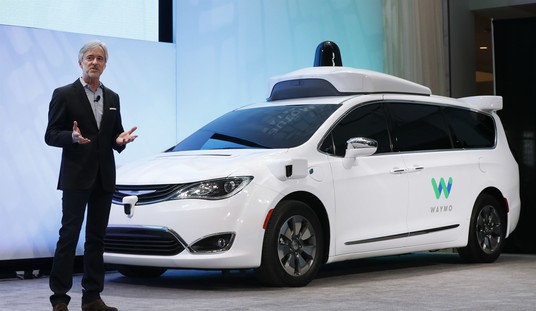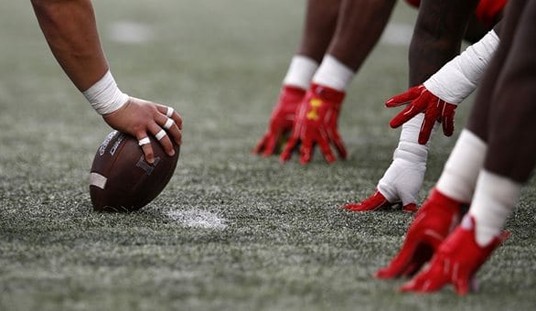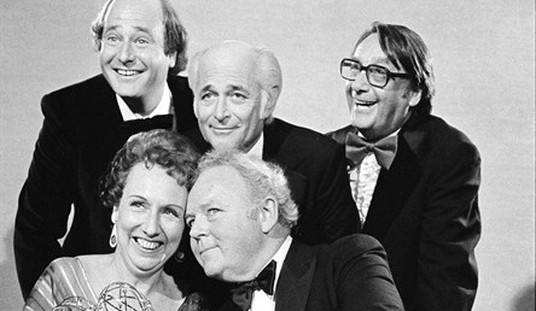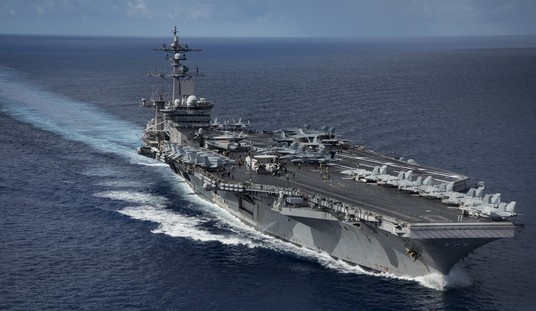
Ben Carson fits Iowa Republican caucus goers like a glove. He’s soft spoken, deeply evangelical, and can talk to them about the issues they care about with a sincerity that none of the other Republican candidates can match. Questions still abound about Carson’s readiness to mount a full strength national campaign and his command of the issues, but these are questions that are notoriously irrelevant to Iowa caucus goers, who voted for Rick Santorum in 2012 and Mike Huckabee in 2008.
Moreover, there have now been polls in two consecutive days that show that Carson has opened up a sizeable lead over Trump in Iowa – one by Quinnipiac and the other by Bloomberg/DMR. Obviously, any poll taken this early in the race should be taken with several grains of salt, and polling the Iowa caucuses has been a notoriously sketchy endeavor. However, in this case the polling comports with good political sense and what we know about the tendencies of Iowa voters. And if Carson’s, uh, “off the collar” style hasn’t yet damaged him among the Iowa electorate by now, it’s hard to see how future iterations of it will hurt him meaningfully.
Assuming that Ben Carson does, in fact, win Iowa, what effect will this have on the overall race? Well, obviously, winning Iowa is not enough to salt the race away for a candidate. As we noted above, the last two guys to win Iowa (Santorum and Huckabee) were dispatched handily in the end by Romney and McCain, respectively. However, Carson at this point is in a completely different spot from either Huckabee in 2008 or Santorum in 2012.
In 2012, Santorum was cruising along at about 4% nationally, in second-to-last place in the RCP average on the day before the Iowa caucuses. One week after his surprise win, he had catapulted up to 17.3% nationally, now second only behind Mitt Romney. In 2008, Huckabee entered the Iowa caucuses in third nationally at about 17% in the RCP averages. One week later, he had risen to 21% nationally, enjoying the only brief lead he would hold in the national polls, before McCain’s win in New Hampshire put him in the lead for good.
Clearly, then, winning Iowa has historically had a real, but somewhat fleeting, effect on the national race. Winning Iowa can catapult a candidate who isn’t doing well nationally into the top tier for the duration of the contest (as it did with Santorum in 2012), but for a candidate who is already in close contention (as Huckabee was in 2008 and as Carson is in 2016), the effects are much more temporary and ephemeral, as they only confirm expectations rather than exceeding them.
In other words, if trends continue and Carson wins Iowa, the effect on the overall race will likely not last much longer than New Hampshire. However, if a surprise candidate like Cruz or Rubio can sneak up and register a surprising finish in Iowa, then the race might be fundamentally changed for the duration.













Join the conversation as a VIP Member